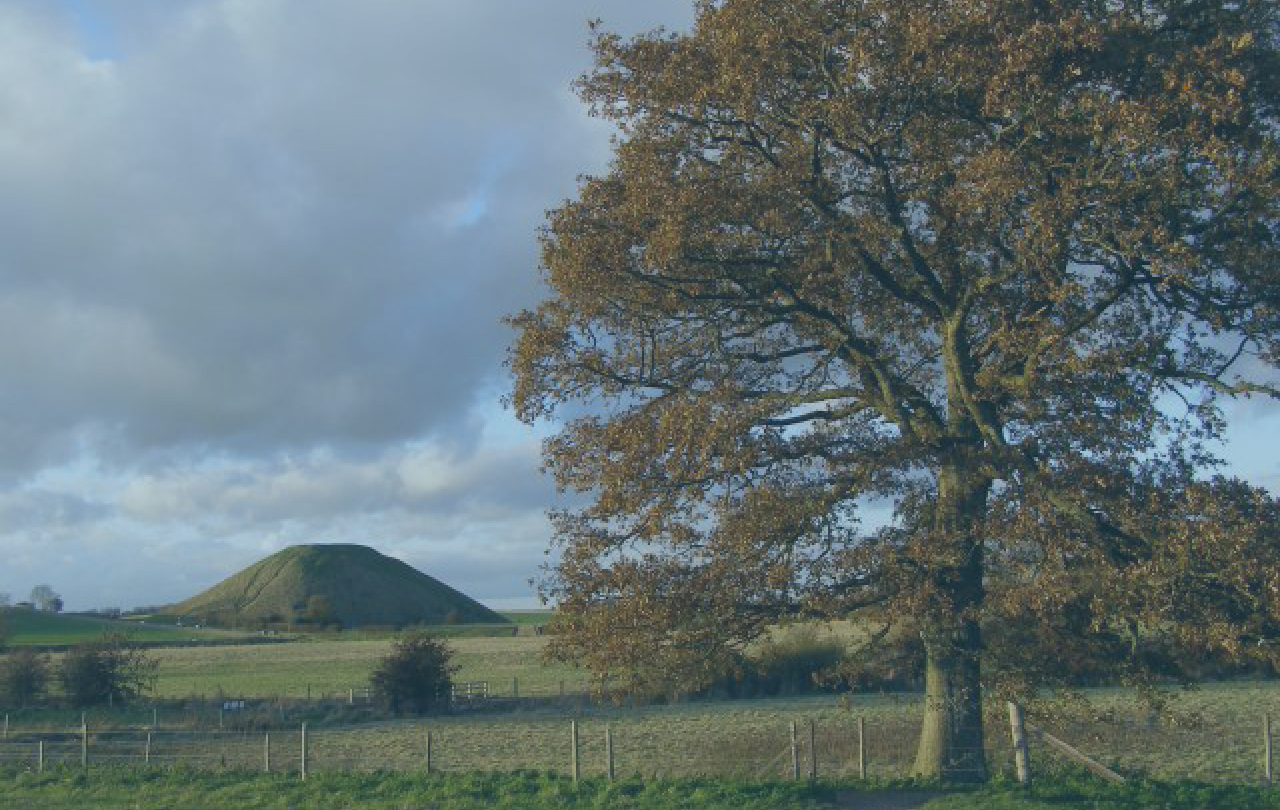
After weeks of winter the land awaits its consolation. Unfurling woes roll out so regularly that media feeds read like lament, a psalmody of untethered sorrow. The temptation is to withdraw into immediacy, of course, and purely field the incoming as if sat in a gaming chair of perpetual reaction, spotting and batting away the next insurgent.
When we cry for strategy perhaps what we really mean is prophecy – strategy being inorganic, mechanistic, hardly adequate for the times. After all, how do you map a scene that is constantly changing? Our present panic seeks good words from the world to come, where no one but God has been. But in an age that sniggers away divine possibility the Lord is afforded the past tense alone. We shall, I suspect, come to regret being so confident of our own purposelessness.
What if our absent-minded land were a place of promise, and we had simply forgotten?
What characterizes this world is a kind of dogged amnesia: collapsing past and future into a monotonous present. ‘There is no remembrance of former things; neither shall there be any remembrance of things that are to come with those that shall come after’. Like the rivers, he suggests, that run into the sea before their ascension and condensation start the cycle again. But what if repetition is not our destiny, and we inhabit instead an ecology that is radically open? What if our absent-minded land were a place of promise, and we had simply forgotten?
What is clear, however, is the enduring need to mark territories where meaning or identity has been found: our arrow-hearted initials notched into the bark.
Prophecy returns to the origins of things in order to seek and sketch what is to come. So, after its overflow last week, I am drawn to revisit Swallowhead Spring, near Avebury in Wiltshire, where the River Kennet rises and begins to drain down into the Thames. Like many such sites round here, the signage indicates conflicting claims on this landscape. A ‘Pagan Britain’ sticker has been slapped upon an anti-littering notice and the trees are frilly with ribbons and dangling dream catchers, the symbolism of which escapes me. What is clear, however, is the enduring need to mark territories where meaning or identity has been found: our arrow-hearted initials notched into the bark. Lovers and villagers would apparently come to Swallowhead Spring for Good Friday picnics, before shinning up the then-accessible Silbury Hill. When I last visited in October, it was just a dry basin with a slightly sludgy brook, but now I can hardly approach for the cataract.
Back home, a bubble-wrapped book has arrived, being the proceedings of the 1941 Malvern Conference: a source I am exploring for clues to the current and future condition of the beleaguered English Church. Under the shroud of total war, Archbishop William Temple gathered an eclectic range of prelates, poets and politicians to devise a route by which the Church might offer a lead to society in the new world that would, at some point, emerge. It is immediately striking in its erudition and reach, addressing the fundamental concern that ‘the true end of man’ had lately been obscured by the pursuit of wealth.
The purpose of work, and education, therefore, needed recovering – but with personality, not product, at its heart. Progress was, however, almost derailed by a Christian Socialist attack on private property, which T. S. Eliot, among other conservative delegates, rebuffed. Hard, perhaps, to imagine the same debate stirring such feeling today, although any consideration of social justice surely must. As H. G. Wells once observed, from the earliest times society was a mitigation of ownership – the mutual recognition that co-operation needed to override competitive possession if humanity was to flourish. The matter was finessed at Malvern in fine Anglican style, with the following resolution:
It is a traditional doctrine of Christendom that property is necessary to fulness of personal life; all citizens should be enabled to hold such property as contributes to moral independence and spiritual freedom without impairing that of others; but where the rights of property conflict with the establishment of social justice or the general social welfare, those rights should be overridden, modified, or, if need be, abolished.
This was synthesis, not fudge, I choose to think – and helpful in reaching a similar conclusion lately, while trying to locate my true north, politically speaking. The conservative in me tends towards continuity, local institutions and the Parable of the Talents, in its acknowledgement of unequal gift and yield; the radical abhors squandered privilege and exploitation of the poor for personal gain. Naboth’s vineyard may be the place, therefore, given that I am firmly in favour of covenantal ownership, which either serves the common good or is reckoned to be in deficit.
The conservative fallacy is to recycle the sins and sinecures of our forebears and call it tradition; the equivalent on the Left is to be perpetually uprooting and call it liberty. Amid their own peculiar failings, the Christian has – somehow – both to belong and not belong, to possess all and yet nothing, in search of a country that is forever ahead.
